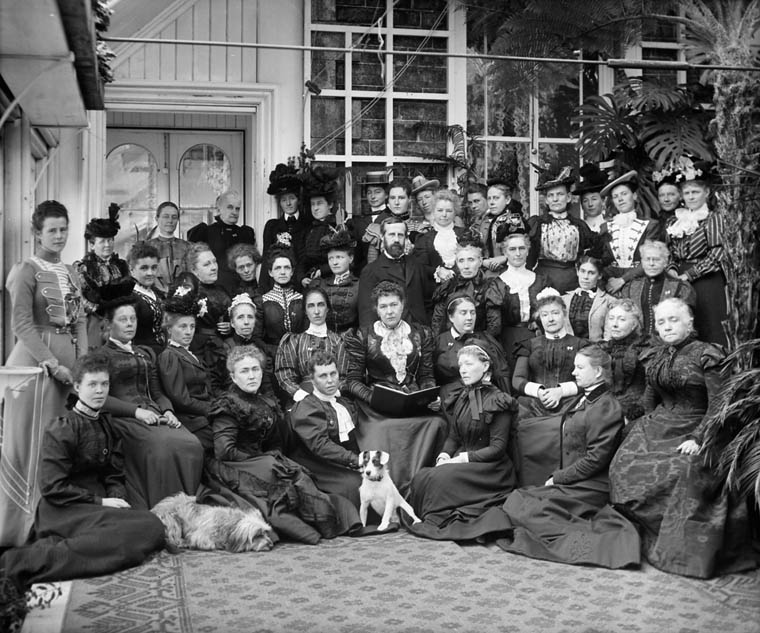Article
Education of Indigenous Peoples in Canada
Before contact with Europeans, Indigenous peoples educated their youth through traditional means — demonstration, group socialization, participation in cultural and spiritual rituals, skill development and oral teachings. The introduction of European classroom-style education as part of a larger goal of assimilation disrupted traditional methods and resulted in cultural trauma and dislocation. Reformers of Indigenous education policies are attempting to reintegrate traditional teachings and provide more cultural and language-based support to enhance and improve the outcomes of Indigenous children in the education system.







